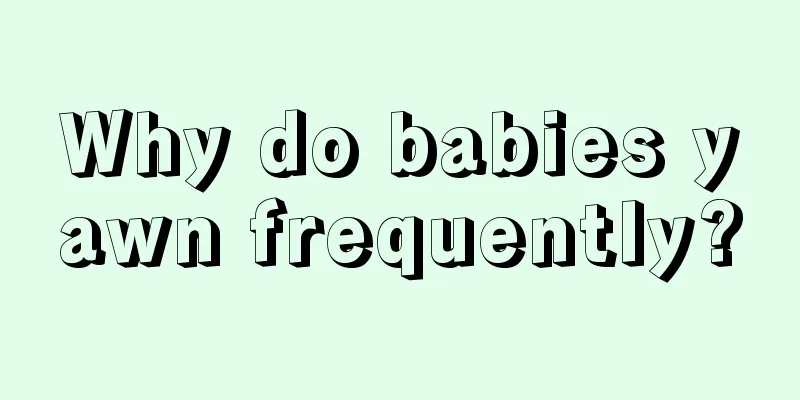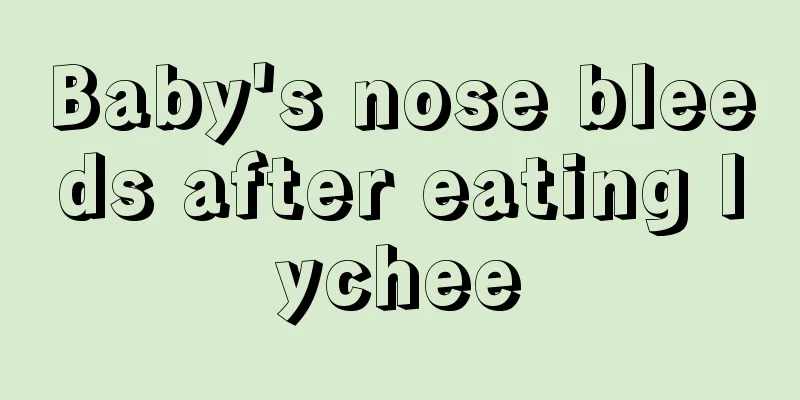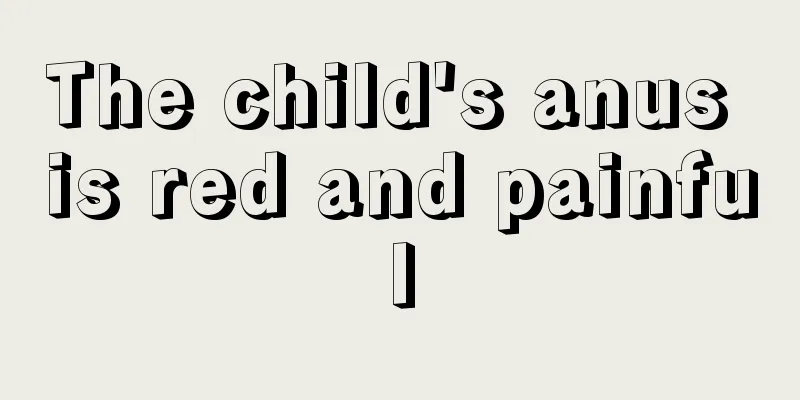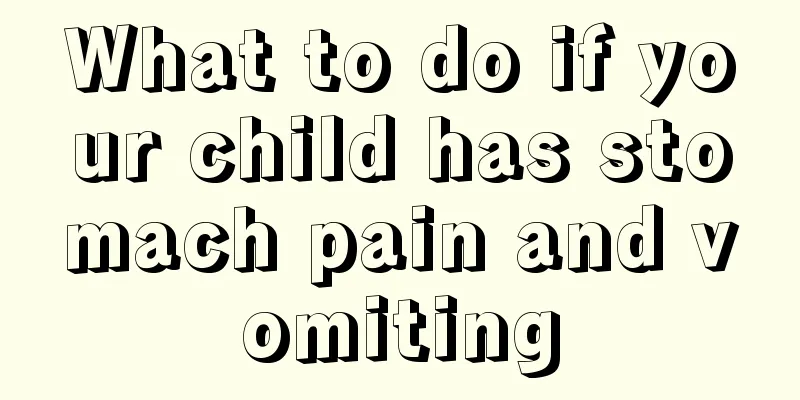Review the pros and cons of early childhood education
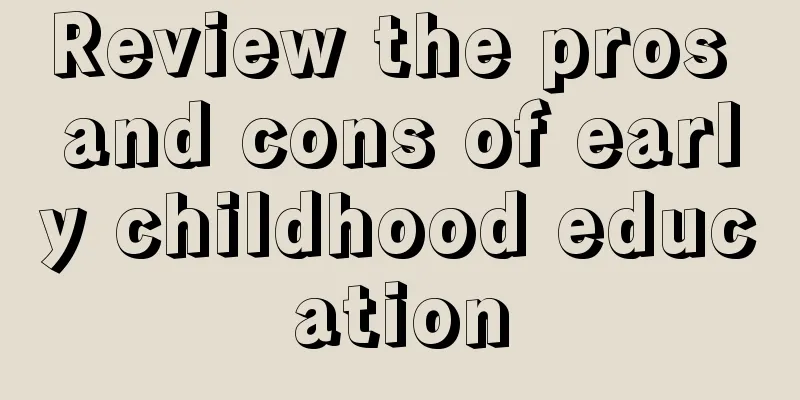
|
Nowadays, many children are only children and are the treasures of their parents. Naturally, parents put all their attention on them and start to educate them from an early age. So the question is, many parents are confused, should babies aged 0-1 take early education classes? Should such young babies focus more on playing rather than education? Now let’s summarize it for new mothers based on the feelings of the older generation. Benefit 1: The baby is less afraid of strangers and can successfully get through the period of stranger anxiety. Normal babies go through a stage of being afraid of strangers during their development. Generally, babies start to feel shy at 5-6 months after birth, become gradually more obvious at 8-9 months, reach a peak at 12 months, and last for a period of time. Therefore, babies over 1 year old tend to be more shy. As children grow older, they have more interactions with adults and peers, and their shyness gradually improves. If your baby attends early childhood education classes between the ages of 0 and 1, interacts more with strangers, and creates a rich social environment, it can help him or her get through the period of stranger anxiety smoothly. Benefit 2: It helps parents discover their children’s nature and train their babies’ adaptability. Every child is born with a particular way of interacting with the world; this is his or her temperament. As we age, these innate tendencies will begin to manifest themselves. This child may be flexible and adapt easily to change; that child prefers a pre-arranged schedule. Observe how your baby might react and think about how you can adjust his environment to help him adapt successfully. Adults can figure out the environment that makes them most comfortable, but your baby relies entirely on your help. Respecting your baby's nature will help him reach his full potential. If a child attends early childhood education classes between the ages of 0 and 1, parents will be able to discover their baby's characteristics and nature among a group of children of the same age, thereby helping the baby develop the potential to adapt to the environment. Benefit 3: It helps to cultivate parent-child intimacy and promote the baby's social and language development. The social skills of babies aged 0-1 are basically limited to being with their relatives, because their main energy is focused on learning the skills they should master, such as grasping, crawling, and walking. How does a baby learn to understand his or her relationship with others? When does he or she start making friends? These are things that he or she learns from his or her parents. Parents are the baby's first playmates and friends, and his favorite people. With the help of your parents, your baby will gradually become familiar with other people and begin to enjoy being around them. This is when your baby's social skills begin to develop. The value of parent-child early education classes for 0-1 year olds lies in the word "parent-child". There is nothing happier and more worthwhile than learning and growing with your baby. Early childhood education programs provide a rich social environment to help children learn to share. As with learning other skills, developing social skills requires constant trial and error. At first, your baby may be reluctant to share his toys with others, but as he learns to care about others, he'll become a better playmate. As your baby develops intellectually, emotionally, and behaviorally, he'll gradually learn to use words to describe what he sees, hears, feels, and thinks. Researchers now know that long before a baby utters his first word, he is learning the rules of language and how adults use it to communicate. Early childhood education classes for children aged 0-1 years old provide a new language environment and help children learn to use language outside the home. Of course, there are pros and cons, and possible shortcomings cannot be ignored. Disadvantage 1: The overall family schedule is limited. Both parents who work outside have to go to work during the week and can only go to class with their children on weekends and Sundays. Once the money is paid, the whole family will have to travel around every weekend, and there will be fewer interesting travel plans. The daytime nap time for babies aged 0-1 is changing and adjusting. If the baby has a cold, fever, illness or needs leave, he/she must apply for leave one day in advance, otherwise it will be considered as "skipping classes" and wasting money. If you really want to, you have to sacrifice your rest time! Disadvantage 2: The class pace is fast and parents are more tired than children. In view of the short attention span of babies aged 0-1, more than a dozen game sessions are arranged in each class, so parents have to run and jump around the class while holding their babies who cannot walk yet. If you really want to, just treat it as exercise to lose weight! Disadvantage 3: Children are young and their immunity is not fully developed, making them prone to cross infection. Babies aged 0-1 years old have not yet developed a full immunity and like to touch, crawl and chew things everywhere, so it is particularly important to disinfect public toys and equipment. Especially when epidemic infectious diseases are serious, there is a high risk of cross infection. If the early childhood education institution you choose does not have very good hygiene and preventive measures, it is better not to go. Speaking of the pros and cons of early education, I believe many new mothers will feel that early education is a good thing for the baby. It can not only allow him to learn things, but also make many friends. Although early education is beneficial to the baby's brain development and personality growth, the so-called pros and cons still need to be analyzed objectively, so new mothers should not be too hasty on education issues. |
<<: What are the symptoms of rhinitis in children?
>>: How old should children be to start brushing their teeth?
Recommend
What should I do if my baby's deciduous teeth are overbite?
Overbite is a dental problem that many people hav...
Why do babies have yellow eyes?
Many babies have low immunity to the unfamiliar e...
What are the developmental standards for twelve-month-old babies?
The baby is the biggest concern of the family, an...
Vaginal bleeding during puberty
Vaginal bleeding during adolescence is also calle...
How long does it take for a child to speak?
Each stage of a child's growth is gradual, an...
Child's wrist fracture
We all know that children's bones are particu...
Why do babies have fever due to bacteria?
Children generally have a poor physique and are v...
Treatment of intestinal hernia in boys
In life, many little boys suffer from hernia. Its...
Where should I use moxibustion for children with cold and cough
If a child has symptoms of a cold and cough, you ...
Why do premature babies have colds and nasal congestion?
In each of our families, the health of the baby i...
Why do children's noses bleed easily?
Many parents find that their children's noses...
7 things you should do with your children no matter how busy you are
"Busy with work", "No time", ...
How to correct the phenomenon of children's hunchback
It is not difficult to find that many children on...
What are the harms of excessive exercise to children's health?
In life, many children have the characteristics o...
Why does my one month old baby cough?
Now many parents have reported that their childre...
